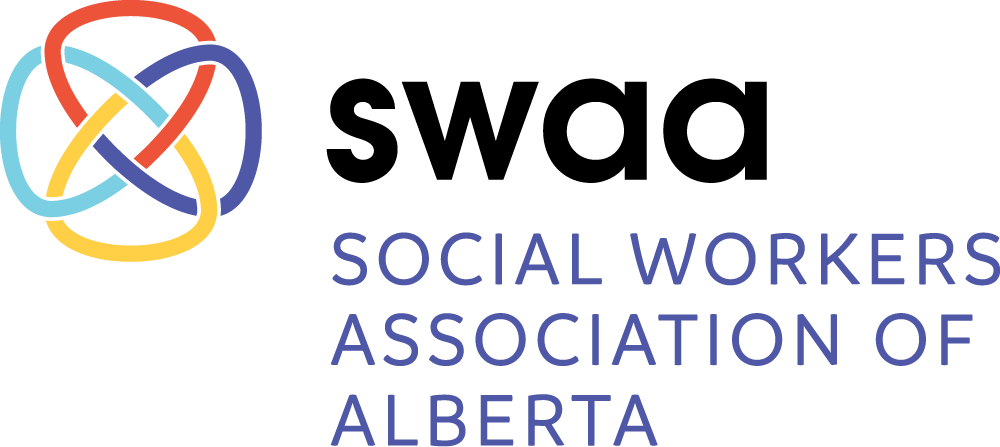Honouring MMIWG
SWAA Statement on 33rd Annual Women’s Memorial March: Honouring MMIWG
February 14th, marks the 33rd annual Women’s Memorial March to honour and remember the Murdered and Missing Indigenous Women and Girls (MMIWG) across Turtle Island, or what is now known as Canada.
The Women’s Memorial March is a powerful expression of collective grief, resilience, and resistance. It is a call to action for systemic change and a commitment to creating a society where Indigenous women can live free from violence and fear. As social workers, we play a vital role in this movement, working tirelessly to support survivors, challenge oppressive systems, and promote gender diversity.
The staggering statistics and heartbreaking stories surrounding MMIWG, as reflected in National Inquiry into MMIWG’s Final Report, demand urgent attention and action. For far too long, Indigenous women and girls have been disproportionately impacted by violence, exploitation, and injustice, with rates of homicide and disappearance significantly higher than those of non-Indigenous women.
We acknowledge that the root causes of MMIWG are complex and interconnected, stemming from a legacy of colonialism, racism, poverty, and intergenerational trauma. We recognize that addressing MMIWG requires a comprehensive and collaborative approach. This must include meaningful engagement with Indigenous communities, centering their voices, experiences, and expertise in all aspects of prevention, intervention, and healing. As social workers, we recognize the importance of addressing these underlying factors and working towards systemic change that promotes safety, equality, and justice for Indigenous women and girls.
It is imperative that we, as social workers, acknowledge and confront the intersecting factors contributing to the vulnerability of Indigenous women and girls. This includes the impacts of intergenerational trauma stemming from colonial policies such as the residential school system, the Sixties Scoop, and ongoing systemic discrimination within the child welfare and justice systems.
We call on governments at all levels to prioritize the safety and well-being of Indigenous women and girls by implementing the Calls for Justice outlined in the National Inquiry into MMIWG’s Final Report. This includes addressing the social, economic, and political factors that perpetuate violence and marginalization within Indigenous communities. Governments must also prioritize its commitment to supporting the ongoing development of Indigenous social work practice which is essential in restoring and healing Indigenous communities. Indigenous social workers play a crucial role in decolonizing social work practice, thus contributing to the collective responsibility and healing processes.
Today, as we march together, let us renew our commitment to ending gender-based violence in all its forms. Let us amplify the voices of survivors and advocate for policies and practices that promote safety, dignity, and empowerment. Let us work collaboratively across disciplines and sectors to create holistic and inclusive solutions that address the root causes of violence and inequality. We cannot remain silent in the face of such profound injustice; we must use our voices, our expertise, and our collective power to demand change and create a more just and culturally safe society for future generations.
In conclusion, we stand in solidarity with Indigenous communities, Indigenous social workers and Indigenous social work students in the pursuit of truth, justice, and healing. We recognize that ending violence against Indigenous women and girls requires a collective commitment to decolonization, reconciliation, and systemic change. As social workers, we are committed to playing our part in this vital work.
By Rachelle Gladue, VP of SWAA
